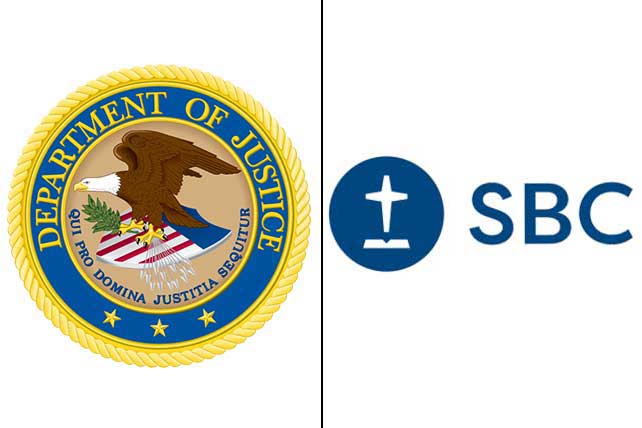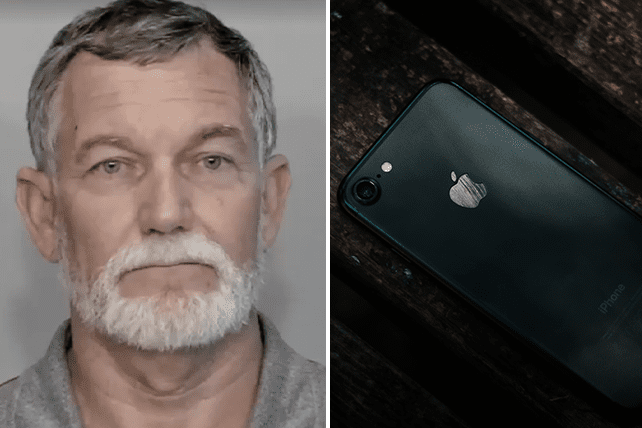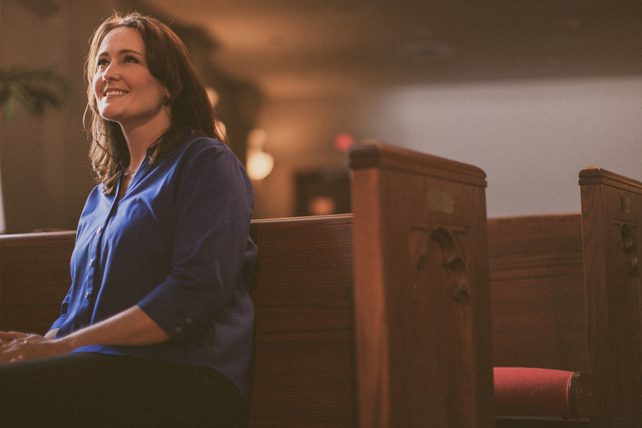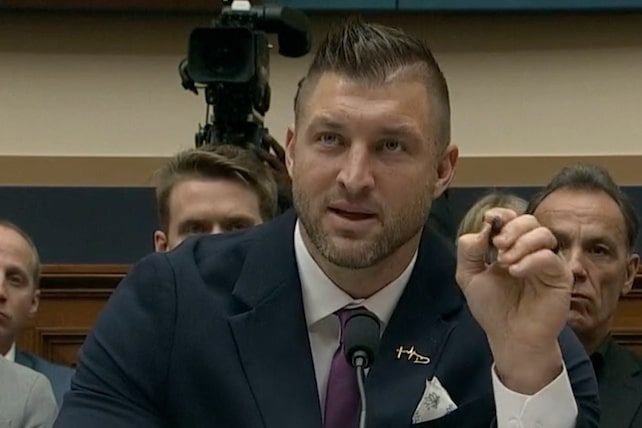C.S. Lewis remains one of the most influential authors of the 20th century, captivating readers with a diverse range of novels, essays, and apologetics that continue to resonate today. His works, from the enchanting Chronicles of Narnia series to profound theological essays, offer a rich tapestry of imagination and insight. In this comprehensive guide, we explore books by C.S. Lewis and his literary legacy, providing a roadmap for new and seasoned readers alike to navigate his timeless works.
Understanding C.S. Lewis: Background and Key Themes
C.S. Lewis, a prolific writer, academic, and lay theologian, is best known for his captivating stories and profound insights into human nature and Christian faith. His transition from atheism to Christianity profoundly influenced his writing, imbuing his works with a unique blend of narrative depth and theological reflection.
The Literary Journey of C.S. Lewis: An Overview of His Books
Lewis’s literary catalog is extensive, encompassing fiction, non-fiction, and scholarly works. We will provide a listing of all books by C.S. Lewis, categorized by genre: the fantasy series The Chronicles of Narnia, his science fiction Space Trilogy, adult fiction works, and his non-fiction Christian apologetics and essays.
Frequently Asked Questions About C.S. Lewis
Was C.S. Lewis Catholic or Protestant?
C.S. Lewis was not Catholic; he was a Protestant. More specifically, he was a member of the Church of England and is often associated with Anglicanism. His religious background and beliefs are central to much of his work, particularly his non-fiction Christian apologetics.
Lewis was a lay theologian who became a highly influential Christian writer, especially noted for his defense of Christianity and skilled argumentation in works such as Mere Christianity and The Problem of Pain. Despite his Protestant affiliation, Lewis’s writings have appealed to a broad Christian audience, including both Protestants and Catholics, due to his universal themes and ecumenical approach to Christian faith.
RELATED: C.S. Lewis’ Spoke of a ‘Post-Christian’ World With ‘No Objective Right or Wrong’ in 80-Year-Old Christmas Sermon
What is C.S. Lewis Best Known For?
C.S. Lewis is best known for his contributions to literature and theology. In literature, his most famous works are The Chronicles of Narnia, a series of seven fantasy novels that have become global classics and have been adapted into various films and stage plays. These stories, while entertaining as pure fantasy, also incorporate deep allegorical Christian themes, which have been examined and celebrated by readers and scholars alike.
In the realm of theology, Lewis is celebrated for Mere Christianity, a compilation of radio talks he gave during World War II, which articulate the basic tenets of Christian faith in an accessible and logical manner. This book remains a significant reference for Christian apologetics. His other theological works, like The Problem of Pain and The Screwtape Letters, continue to be influential for both their literary qualities and their insightful exploration of Christian beliefs and human nature.
In What Order Should You Read C.S. Lewis Books?
The order in which to read C.S. Lewis’s books can vary based on personal interest and the aspect of his work you wish to explore. However, here are some common approaches:
- Chronological Order (by Publication): Starting with The Pilgrim’s Regress and moving through to his final works, this order allows readers to see the evolution of Lewis’s thoughts and literary style.
- By Series: For those interested in his fictional works, beginning with The Chronicles of Narnia series, followed by The Space Trilogy, and then his standalone novels like Till We Have Faces.
- Thematic/Genre Approach: Grouping his works by themes or genres — for example, reading all of his Christian apologetic works together (e.g., Mere Christianity, The Problem of Pain), followed by his literary criticism, then his fiction.
- Personal Preference: Starting with the works that most interest you. For newcomers to Lewis, starting with The Lion, the Witch, and the Wardrobe or Mere Christianity can serve as accessible entry points to his fictional and non-fictional works, respectively.
What is C.S. Lewis’s Most Famous Quote?
Perhaps the most famous quote attributed to C.S. Lewis is from Mere Christianity: “I am trying here to prevent anyone saying the really foolish thing that people often say about Him: ‘I’m ready to accept Jesus as a great moral teacher, but I don’t accept His claim to be God.’ That is the one thing we must not say. A man who was merely a man and said the sort of things Jesus said would not be a great moral teacher. He would either be a lunatic — on the level with the man who says he is a poached egg — or else he would be the Devil of Hell. You must make your choice. Either this man was, and is, the Son of God, or else a madman or something worse. You can shut Him up for a fool, you can spit at Him and kill Him as a demon or you can fall at His feet and call Him Lord and God, but let us not come with any patronising nonsense about His being a great human teacher. He has not left that open to us. He did not intend to.”
This quote, often summarized as “Liar, Lunatic, or Lord,” encapsulates Lewis’s approach to Christian apologetics: logical, direct, and compelling. It reflects his ability to distill complex theological ideas into clear, memorable concepts, which has contributed significantly to his enduring popularity and influence.
RELATED: 10 Outstanding C.S. Lewis Quotes
C.S. Lewis was a prolific writer whose works span various genres, including fiction, non-fiction, and scholarly works. Below is a comprehensive listing of his books, categorized for easier reference:
Fiction
The Chronicles of Narnia Series:
- The Lion, the Witch and the Wardrobe (1950)
- Prince Caspian: The Return to Narnia (1951)
- The Voyage of the Dawn Treader (1952)
- The Silver Chair (1953)
- The Horse and His Boy (1954)
- The Magician’s Nephew (1955)
- The Last Battle (1956)
The Space Trilogy (also known as The Ransom Trilogy):
- Out of the Silent Planet (1938)
- Perelandra (1943)
- That Hideous Strength (1945)






























